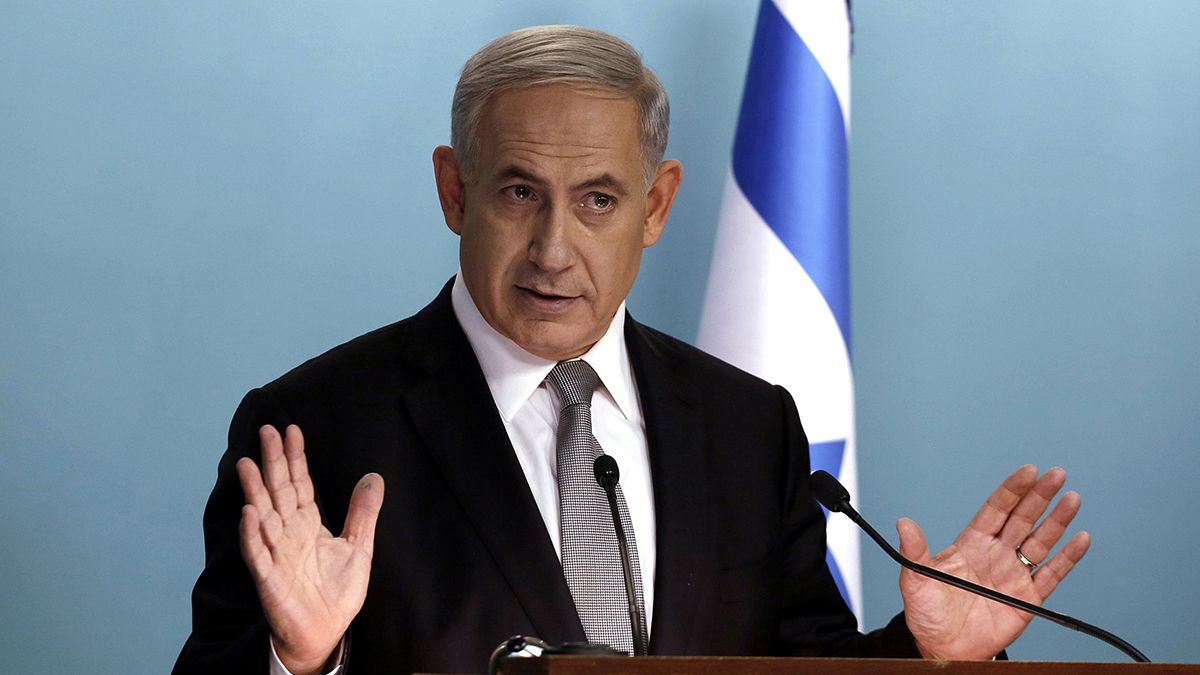Benjamin Netanyahu — nickname ‘Bibi’ — was born on October 21, 1949, in Tel Aviv, but his family then lived in Jerusalem. They moved to Philadelphia
Benjamin Netanyahu — nickname ‘Bibi’ — was born on October 21, 1949, in Tel Aviv, but his family then lived in Jerusalem. They moved to Philadelphia, went back to Israel, then to the States again, but Netanyahu entered military service in Israel like all 18-year-old men. He served in the elite intelligence-gathering, counter-terrorism and hostage rescue unit Sayeret Matkal.
It was 20 years later that he joined the Likud party. Netanyahu went to MIT in the US, for architecture and business management, and studied political science at Harvard. He worked as a consultant in Boston.
In 1978, back in Israel, he ran an anti-terrorism NGO and became a marketing director in Jerusalem. Connecting with politicians, he was appointed Israel’s ambassador to the UN from 1984-88.
Elected to the Knesset, Netanyahu moved into strategic peace talks as Deputy Minister of Foreign Affairs, was voted Likud party chairman in 1993, leading the opposition till he won the prime minister’s post in 1996, now aged 47.
Netanyahu later unwittingly was recorded saying he would interpret the 1993 Oslo accords between the Israelis and Palestinians in a way that let him “put an end to galloping [toward] the ’67 borders.” He signed but never applied other agreements to partly pull out of the West Bank.
In 1999, beaten in elections, he worked in the private sector and then returned to politics in 2002 as Minister first of Foreign Affairs then Finance. He regained the chairmanship of Likud, led the Opposition and came back as prime minister in
2009 with a very slight majority.
His security rhetoric was largely the same as before, expanding Israeli settlement building on Arab land. This was toxic for any peace process. Dialogue with the Palestinian Authority hardened, but US pressure persisted. In 2009, Netanyahu finally said Israel would accept a two-state solution.
Netanyahu said: “If demilitarisation is guaranteed and we get the necessary security arrangements, and if the Palestinians will recognise Israel as the State of the Jewish people, we will be ready to come to a solution for a demilitarised Palestinian state alongside the Jewish State.”
Netanyahu visiting the White House stressed “deep and enduring [Israel-US] bonds”, but his and President Obama’s opposing views of the Israeli-Palestinian conflict and Iran and Syria proved increasingly awkward.
Netanyahu’s speech to Congress on 3rd March, far from winning Israel more support from the American people reduced it. The Republicans who had invited the former diplomat applauded him, while critics, notably Democrats, described it as war-like. A Gallup Poll showed Bibi had dropped the ball.
The many Israelis demanding change are also fed up with a series of scandals at home. These include Netanyahu and his wife Sara’s alleged fraudulent domestic spending, a mistreatment lawsuit brought by an employee, curiously high bills for fast food and laundry, and inflated expenditure for house guests.
